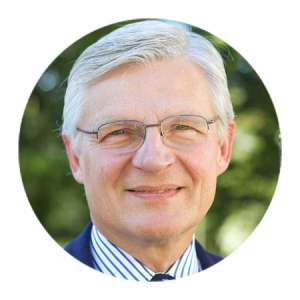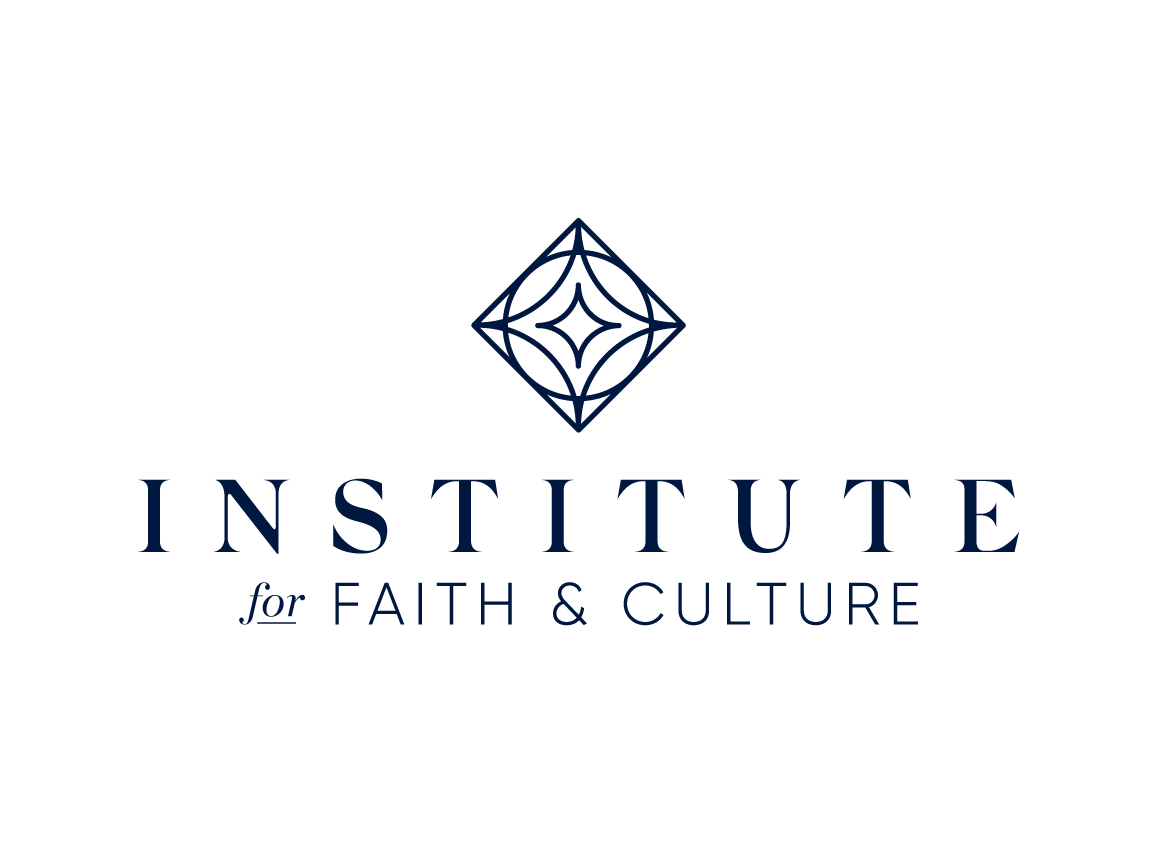The political banter today constantly engages with the left and the right. It seems like there’s no middle ground anymore. When people talk about politics, they often interchange the words liberal and the left. And then when they speak about the right, they automatically think conservative, or worse, white nationalist.
The possibility of a middle ground seems impossible to imagine today. But there is one thing with which no one can disagree—and this may be the only thing we can agree upon today in terms of our political and cultural debates. That is that we are polarized, politicized, and estranged between the extremes on both sides of the political spectrum.
Understanding Our Terminology
It is important to understand our terminology. We must distinguish our political terms intelligently and accurately while keeping in mind historic Christian values.
Thus, the word conservative, while often cherished by people on the right, is itself an ambiguous term. If you were in the United Kingdom in the aftermath of Oliver Cromwell and the re-establishment of the crown after the English Civil War, and you said that you were a Republican, you would not be a conservative. That may seem surprising, but what was conservative in that era was the monarchy. Having a king ruling the nation was England’s long history. Having a parliament in charge was mainly due to Civil War. A purely parliamentary system without a king lasted for only 20 years. To be a Republican rather than a monarchist was actually to be a liberal.
Here in America, however, when we use the word conservative, we are thinking in terms of someone who wants to maintain the founding values of America. This means the principles of constitutional government, the abiding value of the Declaration of Independence with our rights coming from a transcendent divine being, and the value of self-responsibility, all shaped by our Federal Constitution. In this sense, conservativism is understood in a political sense. But it can also be used in a theological sense.
So, when we talk about conservativism, we need to make a distinction between political conservativism and theological conservativism. If we don’t, we will be unable to understand the great debate that is being fought today about the First Amendment and free speech.
Let me illustrate it this way: theological conservativism is a desire to maintain biblical Christianity rather than letting it be replaced by a religious system that uses Christian terminology but is committed to man-made doctrines that are inconsistent or even opposed to the truth of the Bible. This kind of theology has identified itself with Christianity. But this was challenged.
A century ago, J. Gresham Machen, a professor at Princeton Seminary, wrote a book entitled Christianity and Liberalism. In that study, he made clear that there were two different religions namely, Christianity and Liberalism, each of which used the same vocabulary but meant something entirely different. Machen’s book launched an ongoing debate as to whether a church is liberal or conservative—whether a church holds to biblical Christianity and hence is authentically Christian, or whether it holds to modernism or man-made progressive theologies that do not conform to Scripture. So-called “Liberal Christianity” or “Liberalism” is anti-Christian in various ways. It has openly denied the deity of Christ, his virgin birth, his substitutionary atonement, his resurrection, and the inspired character of the Bible, all the while identifying itself as Christian.
When we understand that there is conservative Christianity and also a liberal form of Christianity that are totally different religions, we may think that we must oppose liberalism in the political arena. Yet, while it may seem like an oxymoron and inconsistent, Machen wanted there to be political liberalism alongside his biblical and theological conservative beliefs. How is that possible?
To clarify, historic political liberalism did not mean pro-abortion, an advocacy of gender confusion, same-sex marriage or the various progressive assaults on Biblical values, the values that authentic conservative Christianity has sought to maintain.
Rather, what we are speaking of here is the loss of classic political liberalism that defined the American public square since the First Amendment was ratified. The values that we celebrate in the First Amendment have historically been foundational and necessary in the perspectives of both earlier theological liberals and authentic Christians. The issue at stake was the freedom to state one’s views openly, but to do so knowing that a counter perspective was free to respond by critique and disagreement.










